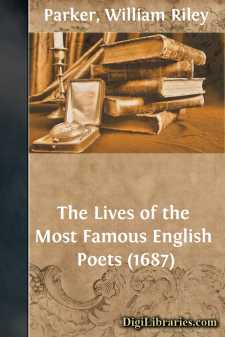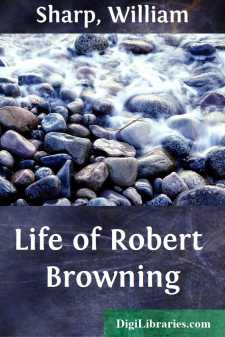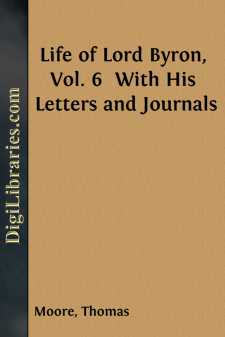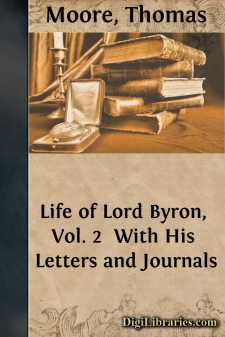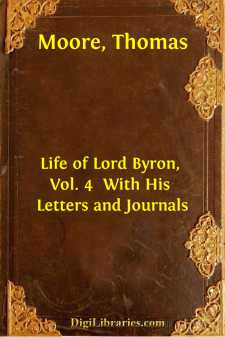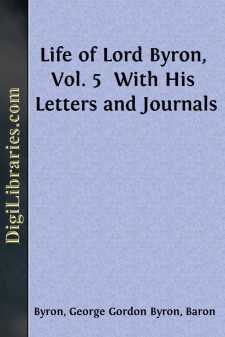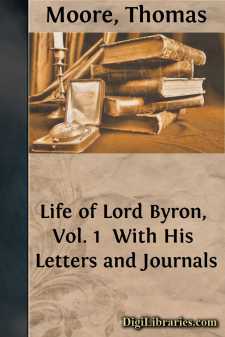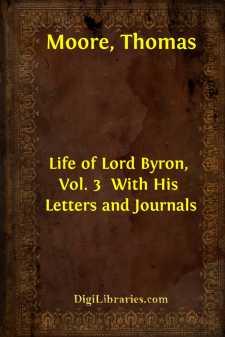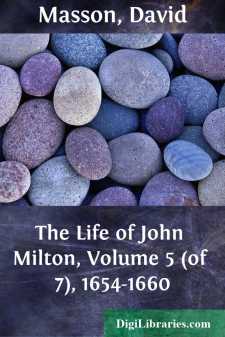Biography & Autobiography
- Adventurers & Explorers 15
- Artists, Architects, Photographers 16
- Business 2
- Composers & Musicians 14
- Criminals & Outlaws 5
- Editors, Journalists, Publishers 6
- Educators 1
- Entertainment & Performing Arts 3
- General 73
- Health, Exercise & Fitness 1
- Historians 3
- Historical 83
- Law Enforcement 1
- Lawyers & Judges 3
- Literary
- Medical 7
- Military 48
- Naturalists, Gardeners, Environmentalists 8
- Personal Memoirs & Diaries 226
- Philosophers 3
- Political 9
- Presidents & Heads of State 38
- Religious 38
- Rich & Famous 27
- Scientists 13
- Women 31
Literary Books
Sort by:
Introduction This book merits more attention and respect from literary historians than thus far have been accorded it. The case must be stated carefully. The work has obvious faults and limitations, which probably account for its never having been reprinted since its appearance in 1687. Almost forty percent of it is largely or entirely derivative. Its author, William Winstanley (1628?-1698), was...
more...
by:
William Sharp
CHAPTER I. It must, to admirers of Browning's writings, appear singularly appropriate that so cosmopolitan a poet was born in London. It would seem as though something of that mighty complex life, so confusedly petty to the narrow vision, so grandiose and even majestic to the larger ken, had blent with his being from the first. What fitter birthplace for the poet whom a comrade has called the...
more...
by:
Thomas Moore
LETTER 508. TO MR. MOORE. "Genoa, February 20. 1823. "My Dear Tom, "I must again refer you to those two letters addressed to you at Passy before I read your speech in Galignani, &c., and which you do not seem to have received.[1] [Footnote 1: I was never lucky enough to recover these two letters, though frequent enquiries were made about them at the French post-office.] "Of Hunt...
more...
by:
Thomas Moore
NOTICES LIFE OF LORD BYRON. Having landed the young pilgrim once more in England, it may be worth while, before we accompany him into the scenes that awaited him at home, to consider how far the general character of his mind and disposition may have been affected by the course of travel and adventure, in which he had been, for the last two years, engaged. A life less savouring of poetry and romance...
more...
by:
Thomas Moore
LETTER 272. TO MR. MURRAY. "Venice, April 9. 1817. "Your letters of the 18th and 20th are arrived. In my own I have given you the rise, progress, decline, and fall, of my recent malady. It is gone to the devil: I won't pay him so bad a compliment as to say it came from him;—he is too much of a gentleman. It was nothing but a slow fever, which quickened its pace towards the end of its...
more...
LETTER 394. TO MR. MOORE. "Ravenna, October 17. 1820. "You owe me two letters—pay them. I want to know what you are about. The summer is over, and you will be back to Paris. Apropos of Paris, it was not Sophia Gail, but Sophia Gay—the English word Gay—who was my correspondent. Can you tell who she is, as you did of the defunct * *? "Have you gone on with your Poem? I have received the...
more...
by:
Thomas Moore
NOTICES OF THE LIFE OF LORD BYRON. It has been said of Lord Byron, "that he was prouder of being a descendant of those Byrons of Normandy, who accompanied William the Conqueror into England, than of having been the author of Childe Harold and Manfred." This remark is not altogether unfounded in truth. In the character of the noble poet, the pride of ancestry was undoubtedly one of the most...
more...
by:
Thomas Moore
JOURNAL, 1814. "February 18. "Better than a month since I last journalised:—most of it out of London and at Notts., but a busy one and a pleasant, at least three weeks of it. On my return, I find all the newspapers in hysterics, and town in an uproar, on the avowal and republication of two stanzas on Princess Charlotte's weeping at Regency's speech to Lauderdale in 1812. They are...
more...
by:
David Masson
CHAPTER I THE WESTMINSTER ASSEMBLY IN SESSION—THE SOLEMN LEAGUE AND COVENANT: SCOTTISH COMMISSIONERS IN THE ASSEMBLY—DEBATES ON CHURCH-GOVERNMENT: APOLOGETICAL NARRATION OF THE INDEPENDENTS—PARLIAMENTARY PROCEEDINGS—SCOTTISH AUXILIARY ARMY IN ENGLAND. The Westminster Assembly held its first formal meeting in Henry the Seventh's Chapel on Saturday, July 1, 1643, after the impressive opening...
more...
by:
David Masson
CHAPTER I. OLIVER'S FIRST PROTECTORATE CONTINUED: SEPT. 3, 1654-JUNE 26, 1657. Oliver's First Protectorate extended over three years and six months in all, or from December 16, 1653 to June 26, 1657. The first nine months of it, as far as to September 1654, have been already sketched; and what remains divides itself very distinctly into three Sections, as follows:— Section I:—From Sept....
more...


